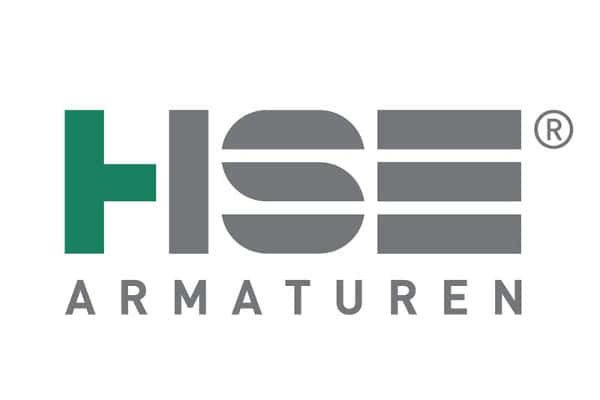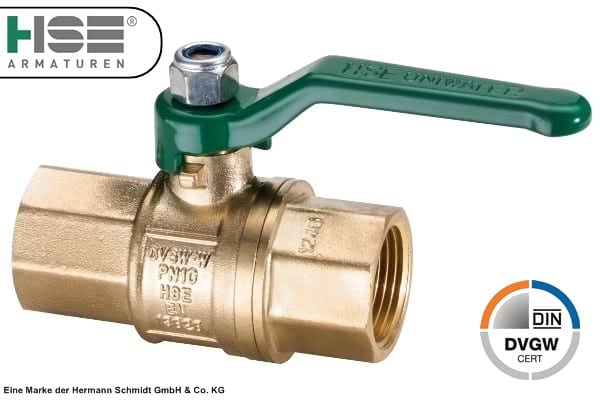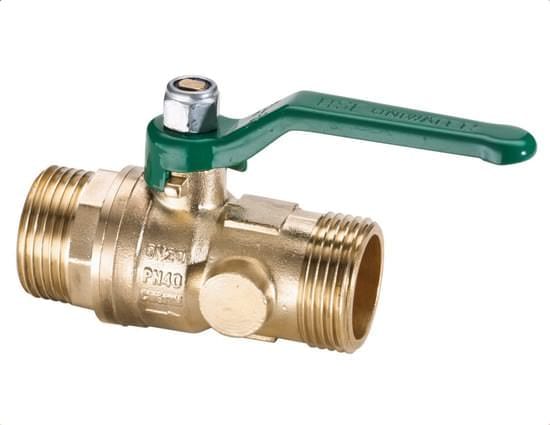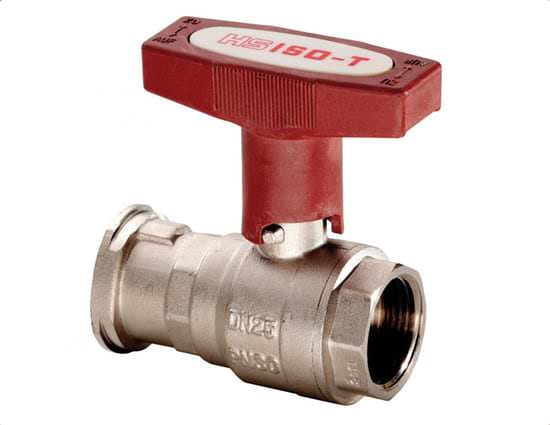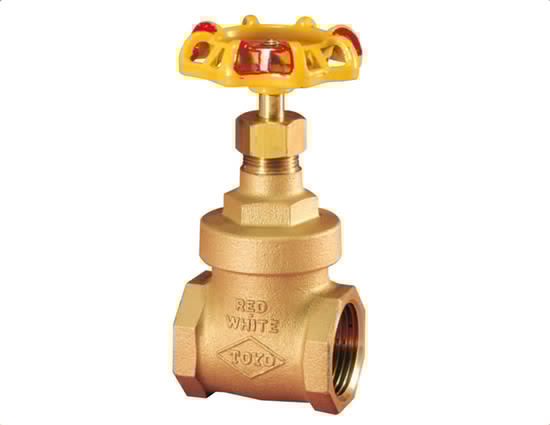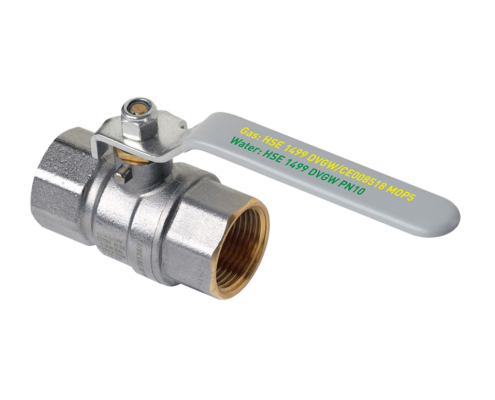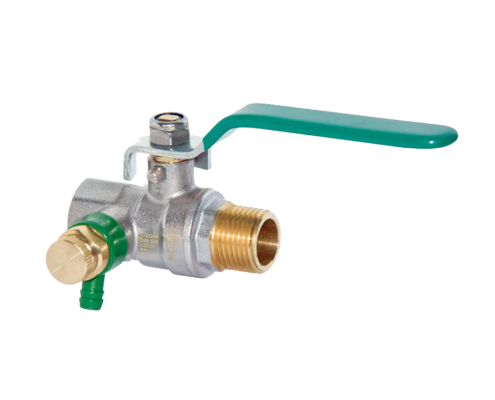Fittings
As a renowned supplier of quality fittings, we have more than 30 years of experience. Our focus is on brass fittings for domestic applications and gunmetal fittings for industrial installations.
We develop and distribute high-quality brass fittings under the HSE-Armaturen brand. Our range includes a wide variety of ball valves for heating and drinking water as well as outlet and appliance connection valves.
We have an extensive range of cast iron road caps especially for the civil engineering “supply” sector. We are one of the leading suppliers in this area and sell the range under the HS brand, which is manufactured in Europe.
You can find our brand in specialist wholesalers in Germany and other European countries.
SUBCATEGORIES
Perhaps you already know a ball valve
Anyone who has ever topped up water to bring the water level in their gas boiler to the set point uses a ball valve to open the filler neck, as the path from open to closed is only 90 degrees. Inside the tap is a pierced ball; as soon as the hole in the ball hits the water pipe, the water comes out or the system can be filled. A ninety degree turn is sufficient to close the filler neck again. The process can be repeated in any direction.
Most ball valves are operated with a square key or have their own closing and opening devices. To prevent unwanted surprises, the square on the ball valve is marked with a line. If the line points in the direction of the supply pipe, the ball valve is open; if the line is at right angles to the pipe, the ball valve is closed. Ball valves are also often installed on a house wall for garden irrigation. If you don’t have the right square wrench or pliers with you, you cannot open this tap at random, unlike conventional taps with a twist lock.
There are several variants of ball valves
- If the diameter of the ball corresponds to the diameter of the pipe, this is referred to as a full passage.
- If the diameter of the ball is smaller than that of the pipe, this is referred to as a reduced passage.
Plastic seals are used in ball valves for temperatures up to 220 degrees; metallic seals are used for higher temperatures or solids. In simple ball valves, so-called floating balls are installed using sealing rings. In higher-quality ball valves, the ball has two pins on opposite sides and is thus mounted in the housing.
What material are ball valves made of
Brass ball valves dominate the shut-off valve market. The alloy of copper and zinc has good mechanical properties and is mainly used for the transportation of water, gas, oil and air. Ball valves made of stainless steel are used in swimming pools and osmosis systems, are very temperature-resistant and resistant to chemicals. Ball valves made of PVC (polyvinyl chloride) are often used for irrigation systems. However, PVC ball valves are not suitable for temperatures above sixty degrees.

